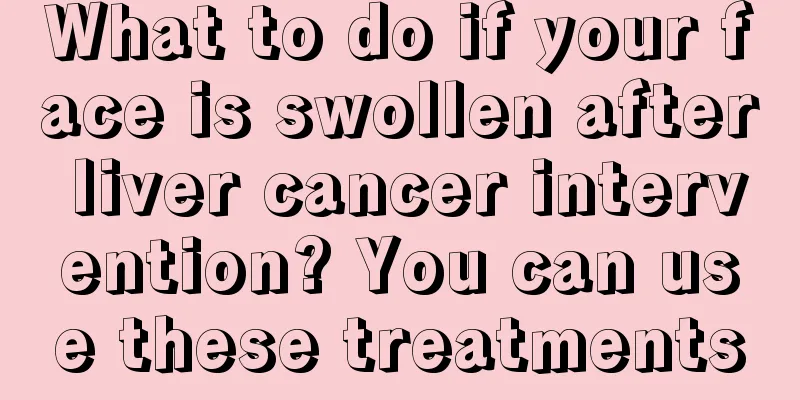What is the reason for exposed tooth roots

|
Our teeth are divided into three aspects. In addition to the visible teeth and gums, there are also the roots inside. The roots are also very important organs. Once a problem occurs, the entire tooth will become diseased, thus affecting the health of the body. Among them, many people have exposed tooth roots, which is also a disease, but what causes exposed tooth roots? Sometimes it is caused by improper brushing habits, sometimes it is related to age. Improper brushing: The bristles of the toothbrush used when brushing are too hard and the particles of the toothpaste are too coarse. Use a saw-like horizontal brushing method, etc. Mechanical stimulation and friction can cause the gingival tissue to recede, resulting in exposure of the tooth roots, especially in the canines and premolars. Food impaction: Long-term food impaction irritates local gum tissue, causing gum recession and tooth root exposure. Premature senile atrophy: occurs in young people, with uniform recession of periodontal tissues throughout the mouth, no obvious local irritants or inflammation, and the cause is unclear. Tooth root exposure may be due to physiological changes. With age, the alveolar bone shrinks and the gums recede. This senile periodontal atrophy often occurs in multiple teeth in the entire mouth. It is gingival recession due to disuse. Due to misaligned teeth, unilateral chewing, and untimely repair of missing opposing teeth, the periodontal tissue lacks the necessary functional stimulation, leading to alveolar bone loosening, absorption, and root exposure. It is the long-term damage and stimulation of periodontal tissue that causes periodontal atrophy and exposed tooth roots. This is mainly caused by the long-term mechanical stimulation of the metal clasps of removable dentures on the gums and periodontal tissues, as well as the pressure on the gums caused by improper denture restoration. Periodontal disease: Due to the long-term presence of tartar and plaque in the oral cavity, the periodontal tissue is always in a state of chronic inflammation. Many people have bad or bloody breath when they wake up in the morning, and their gums bleed when they brush their teeth or eat. Over time, the gums and alveolar bones that protect the tooth roots shrink due to the erosion of chronic inflammation, causing the tooth roots to be exposed. The scope and degree of gum recession vary, and the treatment methods and effects are also different. For small, uniform amounts of gum recession and root exposure, no treatment is necessary if there are no symptoms. Desensitization treatment can be performed for those with allergic symptoms. Be careful to eliminate all adverse stimuli that may cause gum recession. There are many factors that cause exposed tooth roots. When similar situations are found, treatment should be actively carried out. So, what to do if tooth roots are exposed? Since gingival recession is accompanied by the absorption of the underlying alveolar bone, once the gums recede, except for a few affected teeth that can cover part of the exposed root surface through membranous gingival surgery, most of the gingival recession is difficult to regenerate and restore to the original height. Therefore, care should be taken to prevent gingival recession. Small, uniform amounts of gum recession are usually asymptomatic and require no treatment. If gingival recession continues to progress, the cause should be identified and the causative factors eliminated (for example, changing brushing habits, adjusting orthodontic force, correcting poor restorations, etc.) to avoid further aggravation of gingival recession. In addition, symptomatic treatment should be given to the complications of gingival recession: for teeth with sensitive root surfaces, local stimulation should be reduced (avoid ingesting too cold or too hot food, brushing teeth with warm water, etc.), and desensitization toothpaste should be used for desensitization; for a few patients whose symptoms seriously affect their eating, sodium fluoride paste (or % sodium fluoride solution) can be applied locally, fluoride-containing mineral solution can be used for gargling, etc. There is no special treatment for horizontal food impaction, so attention should be paid to timely cleaning. Dental floss and toothpicks can be used to clean the adjacent surfaces of teeth; teeth with root caries should be filled and treated in time. |
<<: Which department should I go to for bad breath
>>: Is it normal for tooth roots to bleed?
Recommend
I feel so depressed, what should I do?
If you feel psychologically blocked and depressed...
What are the causes of prostate cancer? Analyze the 4 factors of prostate cancer
Many people around us think that they are in good...
What causes bulging eyes?
Some friends feel that their eyeballs are more pr...
What are the symptoms of venous obstruction? There are five main symptoms
Venous obstruction may be a disease that is relat...
The nutritional value and efficacy of pigeon eggs
The size of pigeon eggs is much smaller than the ...
Why do women get hungry easily
Eating is a normal physiological need of the huma...
What should I do if I can’t sleep after drinking coffee at night?
When it comes to coffee, many people are familiar...
Precautions for postoperative care of renal cancer
In recent years, kidney cancer has become one of ...
What are the common symptoms of small cell lung cancer
Small cell lung cancer is a type of cancer. Most ...
Folk remedy for treating ascites caused by ovarian cancer
The phenomenon of physical fatigue has been occur...
The difference between lymphoma and skin cancer
In our lives, there are many diseases around us. ...
What is the reason for the pain in the left side of the waist
Low back pain is a common condition in the human ...
How effective is the tooth plaque cleaner
We often see all kinds of micro-businesses in our...
My legs feel particularly heavy
Sometimes people's bodies are not under the c...
What is the reason for sweaty armpits and sour smell when touching the hands
Many people will find that their armpits sweat a ...









